Understanding the Autonomic Nervous System (ANS)
The Hidden Driver of Health
When we think about what keeps our bodies running smoothly, we often credit the heart, lungs, or brain. But behind the scenes, an unsung hero is working 24/7 to regulate almost every vital function without us even noticing: the autonomic nervous system (ANS).
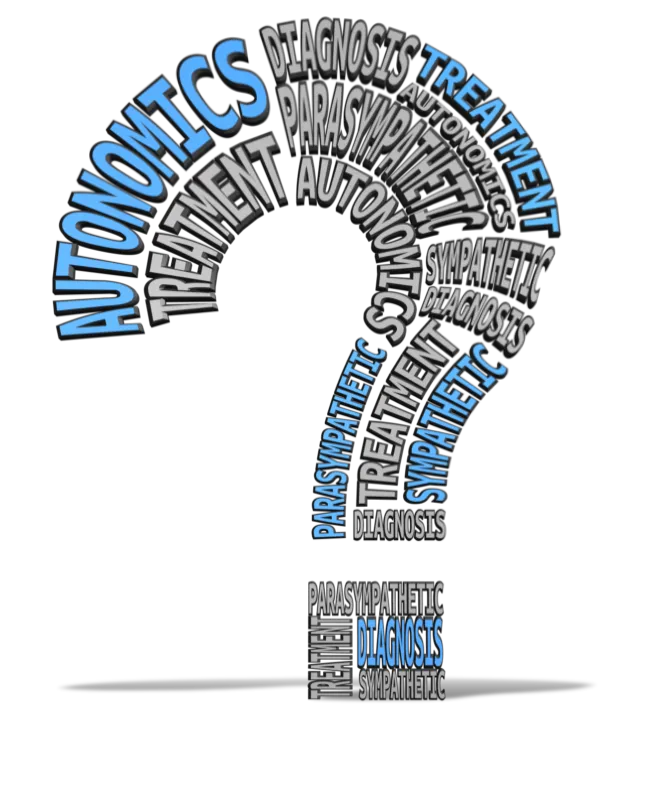
What is the Autonomic Nervous System?
The autonomic nervous system is a part of your peripheral nervous system that controls involuntary bodily functions — the ones you don’t consciously think about. Breathing, heart rate, digestion, blood pressure, and even body temperature are all regulated by the ANS.
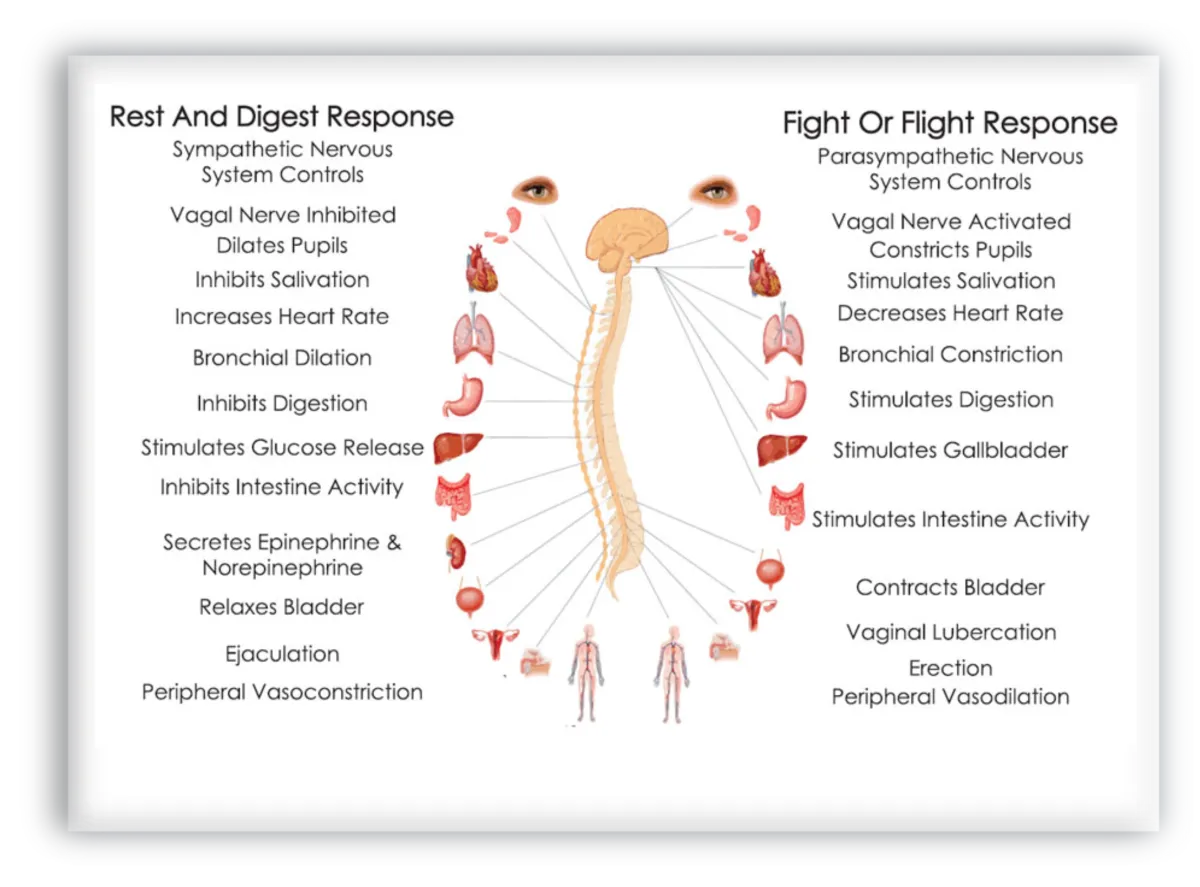
It’s divided into two primary branches:
Sympathetic Nervous System (SNS)
Often referred to as the "fight or flight" system, it prepares your body to respond to stress or danger by increasing heart rate, dilating airways, and redirecting blood flow to muscles.
Parasympathetic Nervous System (PNS)
Known as the "rest and digest" system, it slows the heart rate, promotes digestion, and supports recovery and repair.
The balance between these two branches is critical for health, resilience, and healing.
Why the Autonomic Nervous System Matters More Than You Think!
While most people associate the ANS with acute stress responses (like getting nervous before a presentation), ongoing imbalances can have serious health consequences.
An out of balance autonomic nervous system is often a hidden factor in conditions such as:
Chronic pain and fibromyalgia
Postural orthostatic tachycardia syndrome (POTS)
Chronic fatigue syndrome
Migraines / Headaches
Irritable bowel syndrome (IBS)
Anxiety and sleep disorders
Long COVID symptoms
And many more...
When the ANS is out of sync, the body struggles to maintain homeostasis, leading to symptoms that may not respond to traditional treatments.
Watch this video short video about the autonomic nervous system, no audio required.
How Can We Monitor the Autonomic Nervous System?
Thanks to advances in technology, we can now assess the health of the autonomic nervous system using non-invasive tools like Physio PS, a system deployed worldwide and utilized by physicians, clinicians, and researchers.
Physio PS can provide real-time data on how the body’s nervous system responds to stress, movement, and recovery. This data can guide healthcare providers — including, general physicians, cardiologists, neurologist, osteopaths, endocrinologists, physical therapists, chiropractors, and more — to make more informed treatment decisions, especially for patients who aren’t improving with standard care.
Who Should Consider ANS Testing?
If you're a healthcare provider seeing patients with unresolved symptoms despite your best efforts, or a patient struggling with chronic conditions that don’t respond to medication or therapy, ANS testing may provide missing answers.
Common signs of ANS dysfunction include:
Dizziness when standing
Brain fog or trouble concentrating
Poor exercise recovery
Digestive issues without clear cause
Temperature sensitivity or night sweats
Pain that doesn’t match imaging or tests
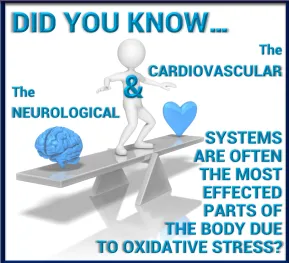
A New Frontier in Personalized Care
As awareness grows around the role of the autonomic nervous system in chronic illness, more providers are embracing this deeper layer of diagnostic insight. By evaluating the Autonomic Nervous System, clinicians can go beyond symptoms and address the root causes of dysfunction.
Whether you’re a provider looking to upgrade your care model, or a patient searching for real answers, autonomic nervous system monitoring could be the key to better outcomes and restored quality of life.
Provider Benefits:
Continuous monitoring of the patient’s current health status using autonomic biomarkers
Evaluation of treatment efficacy and validation of therapeutic interventions
Comprehensive screening for Cardiac Autonomic Neuropathy (CAN) and Diabetic Autonomic Neuropathy (DAN)
Assessment of key cardiovascular and metabolic indicators, including Metabolic Syndrome, Hypertension, and Heart Failure
Early detection of psychological and stress-related conditions such as burnout, anxiety, and depression
Investigation of autonomic involvement in chronic conditions like Asthma, COPD, Palpitations, Pain syndromes, and Sleep Apnea
Personalized optimization of therapeutic strategies based on individual autonomic profiles
Instant generation of detailed reports featuring qualitative, quantitative, and graphical analysis of ANS balance, cardiovascular function, stress response, physical fitness, and overall health
Integration of real-time data with patient medical history to support clinical decision-making and procedural planning
Streamlined, patient-centered management of complex, multi-symptom presentations
Patient Benefits:
Comprehensive evaluation of current health status, including symptomatology, pharmacological response, and therapeutic impact
Analysis of recovery trajectory to determine the appropriateness and effectiveness of ongoing rehabilitation or treatment
Clinical prioritization to address early indicators of chronic disease development or worsening of existing conditions
Prognostic assessment and evaluation of treatment efficacy to guide long-term care planning
Detection of physiological abnormalities within the cardiovascular and cerebrovascular systems, contributing to a holistic health assessment
Vascular health analysis, including arterial elasticity, peripheral circulation efficiency, and identification of organic or functional vascular impairments
Predictive insight into the development and progression of Arteriosclerosis, Obesity, Hypertension, Hyperlipidemia, and Diabetes
Serves as a reliable physiological health indicator—acting as an internal "health barometer" for preventive and diagnostic purposes
Additional Information
Physio PS specializes in the development of custom software solutions to help healthcare organizations to predict the risk of chronic disease and catastrophic injury by leveraging the Medicare Annual Wellness Visit.
Physio PS provides physicians with a complete, custom solution for processing the Medicare Annual Wellness Visit (AWV) for your Medicare Part B and Medicare Advantage patients.
Physio PS is committed to providing healthcare professionals with the opportunity to enhance patient care while at the same time increasing practice revenue.
Physio PS is designed to operate as the preeminent leader in comprehensive and technologically advanced medical solutions for healthcare professionals across the nation by providing state-of-the-art medical technology and services, affording their patients exceptional preventative care while increasing practice revenue potential.
At Physio PS, improving healthcare is our focus and passion. Our custom client platform provides the finest technology based on advanced scientific principles complemented by medical technology support services.
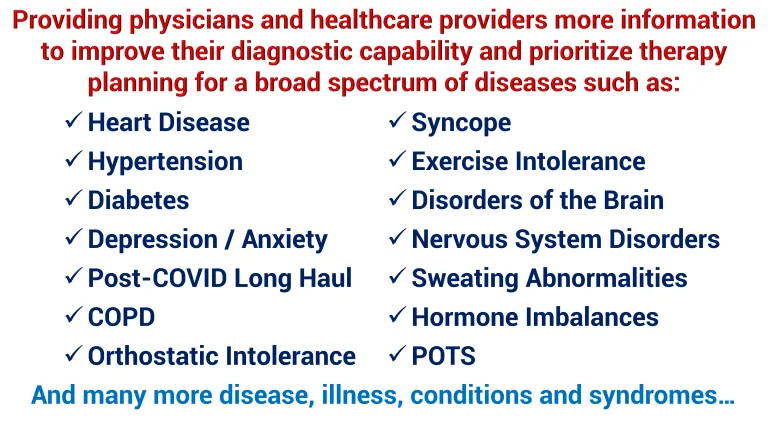
Testimonials
Sean O. Flannagan, PT, DPT, Cert. SMT, Cert. DN, MAACP
"Physio PS has been a gamechanger in uncovering the hidden autonomic dysfunctions that often underlie chronic fatigue, persistent pain, anxiety symptoms, and delayed recovery after whiplash and concussion. It’s given us answers when nothing else could — and a clear path to true healing."

Heather Bloom, MD, FACC, Director of Cardiac Electrophysiology, Atlanta VAMC Associate Professor, Emory University School of Medicine
"As a VA Electrophysiologist, I’ve used ANSAR’s Parasympathetic and Sympathetic Monitoring for years with outstanding results. It delivers diagnostic insights no other tool can provide. One case—a Navy SEAL suffering from severe dizziness and disability—was accurately diagnosed and effectively treated using ANSAR technology, after traditional tests failed. The patient regained his health, quality of life, and independence. This tool is a game-changer for patient care and healthcare efficiency."

Michael Stopyra, Patient
"I cannot say enough good things about Physio PS! This technology has done so much for me. I used to have terrible anxiety storms that would cause me to have high fevers. With this simple test, my doctor was able to find the root cause of my symptoms and prescribe a very low-dose medicine for about nine months to correct the primary problem. I have not had a high fever in four years!"

Copyright 2026. Physio PS, Inc.. All Rights Reserved.
The material and information provided by Physio PS is for general information purposes only. You should not rely upon this material or information for basis of making healthcare, treatment, or diagnosis decisions. While Physio PS strives to provide the most correct and up-to-date information and data, Physio PS makes no representations or warranties of any kind, expressed or implied, about the completeness, accuracy, reliability, suitability, or availability with respect to the information, products, services, or related graphics contained. Any reliance placed on such material is therefore strictly at your own risk. Reporting Information is supplied under license by NCRC LLC. * ‘RFa’ is known to be a measure of Parasympathetic activity and ‘LFa’ is known to be a measure of Sympathetic activity, based on reference: Colombo J, Arora RR, DePace NL, Vinik AI, Clinical Autonomic Dysfunction: Measurement, Indications, Therapies, and Outcomes. Springer Science + Business Media, New York, NY; 2014.

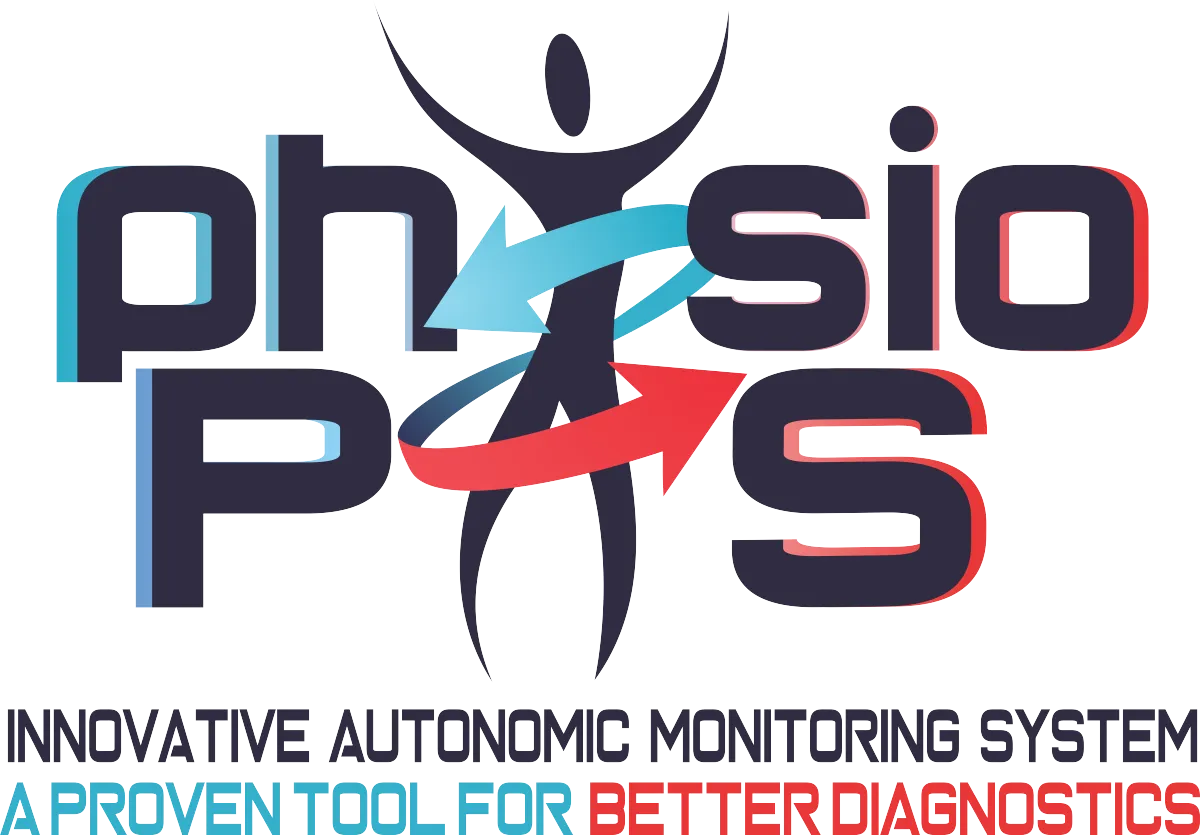
Facebook
Instagram
X
LinkedIn
Youtube